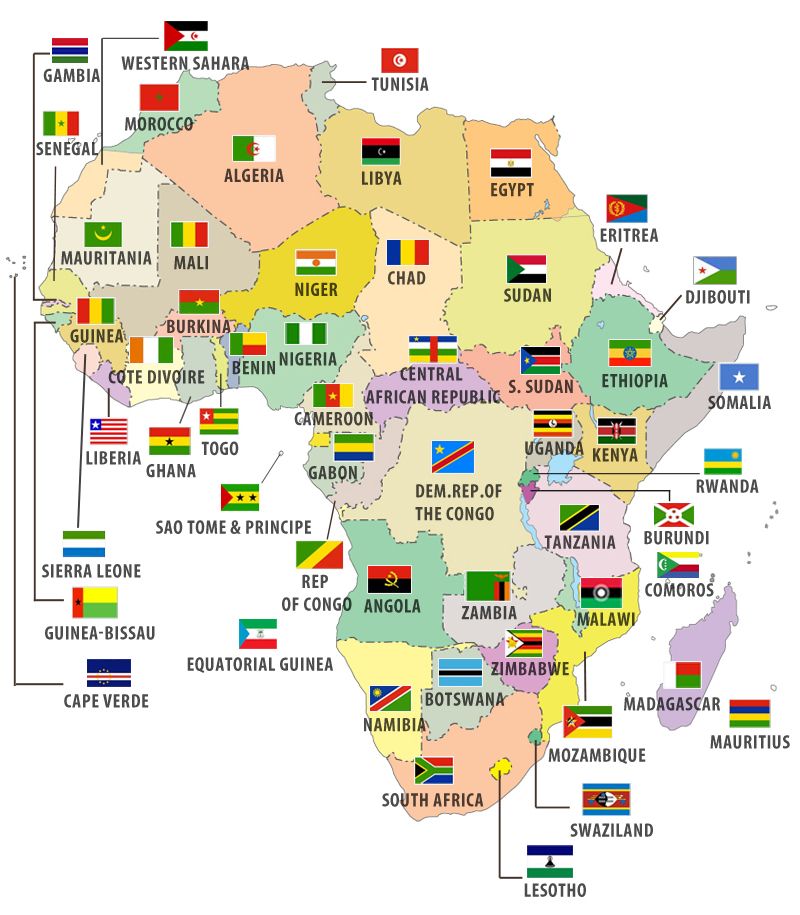A young African today may understand the process of securing a Canadian study permit yet be unaware of how to obtain a short-term visa to a neighbouring African country. Digital collaboration with peers in Europe is increasingly common, but low compared to meeting fellow Africans. While global markets open up to African talent, African youth themselves remain largely disconnected, signaling a structural failure. With over 60 percent of Africa’s population under 25, regional youth engagement should be a priority. Yet, many young Africans face high travel costs, restrictive visa regimes and a lack of accessible, cross-border programmes that enable learning and exchange. Regional bodies such as ECOWAS promised integration, but mobility frameworks remain under-implemented in practice.
Africa has no equivalent to Erasmus+, which has enabled over ten million European youth to travel for education, training and volunteering since 1987, supported by a €26 billion budget for 2021 to 202. According to the 2023 Erasmus+ Annual Report, 80 percent of participants said the programme improved their job prospects, while 93 percent reported better intercultural skills and a stronger sense of European identity. These show that large-scale mobility schemes not only benefit individuals but also promote regional integration. Similarly, ASEAN’s Youth Volunteer Programme engages young people in regional development and civic collaboration. Comparatively, The African Union Youth Volunteer Corps, a commendable initiative, has its reach remaining limited to fewer than 1,000 placements annually. Intra-African university agreements are often limited in access or overly academic in focus, and Pan-African scholarships, including those under the Pan African University, continue to rely heavily on donor nations rather than African-designed mobility strategies. Even the ECOWAS passport faces inconsistent recognition among member states.
Second, a Youth Travel Pass modeled after the Schengen Visa or ASEAN mobility schemes should be introduced for verified educational or civic programmes, as they ease mobility barriers. Since 2022, coordinated youth visa schemes in the Schengen area have reduced refusal rates by 10% while applications grew. Nigeria alone saw a 22% increase in Schengen youth applications from 2019 to 2023, demonstrating how such frameworks improve access and trust. Ministries of foreign affairs and immigration across West Africa can spearhead this initiative, ensuring it is digitally integrated and accessible for students and young professionals, especially those from low-income backgrounds.
Third, African governments and the private sector should co-fund a Youth Mobility Fund to subsidise travel, accommodation and insurance for eligible participants. The Erasmus+ funding model offers a clear precedent, pooling national and EU-level resources to provide grants to thousands of youth each year. By 2023, Erasmus+ had disbursed over €3.7 billion in mobility grants since the start of the current programme cycle, helping to democratise access to international learning opportunities for youth from disadvantaged backgrounds. The African Development Bank, in partnership with regional governments and the private sector, could administer a continental version of such a fund.
Finally, a Pan-African Youth Mobility Forum should be convened to bring together regional bodies, education ministries, airlines and youth-led movements to co-design implementation pathways. This forum could rotate hosting responsibilities annually and serve as a permanent advisory platform to the African Union Commission on youth migration and integration.
These recommendations mirror existing AU policy calls to embed youth inclusion within national development strategies and to invest in mobility systems that expand regional integration and opportunity. Additionally, the African Continental Free Trade Area (AfCFTA) cannot thrive if youth innovators and leaders remain locked behind visa walls and flight cost barriers.
If we want a peaceful, competitive and united Africa, we must start by connecting its young people across borders and stop romanticizing unity while underinvesting in the systems that make it real. Consequently, the AU and ECOWAS should pilot a regional youth mobility platform by 2026, setting the foundation for a future where young Africans can move, lead, and build together.

Adebimpe Elizabeth Adeoba
Adebimpe Elizabeth Adeoba is a committed advocate for quality education, with a focus on climate-resilient governance and inclusive digital learning systems. She is a Policy Impact Fellow at the Cheetahs Policy Institute.

